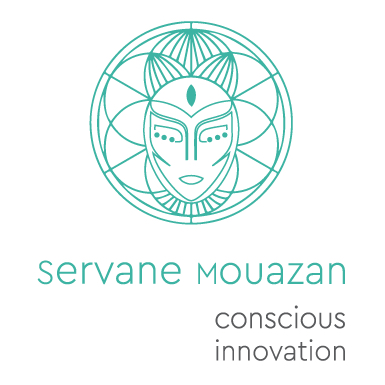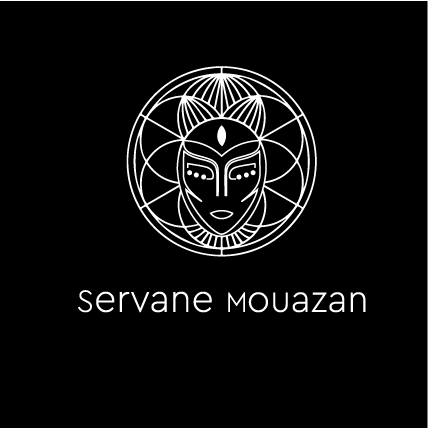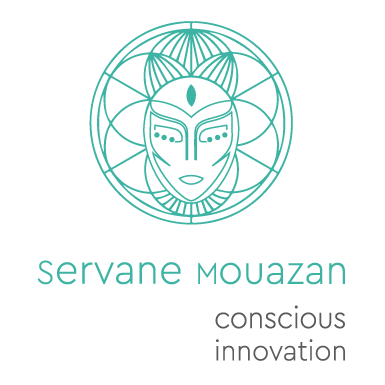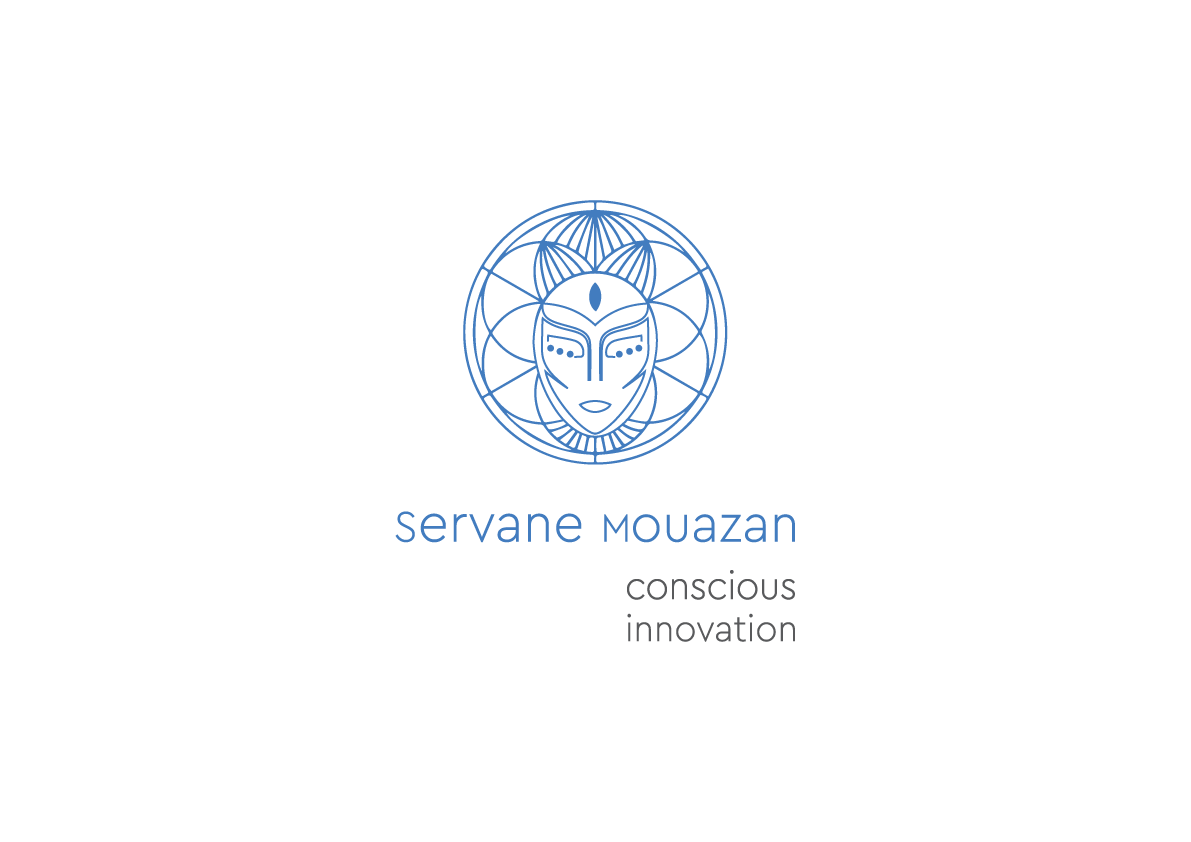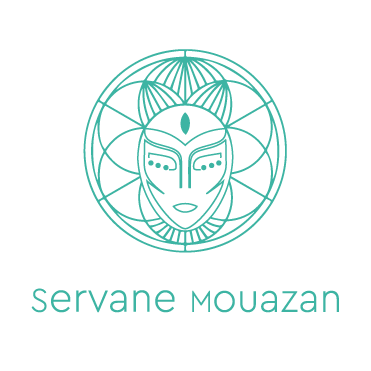If you knew that your positive intent, curiosity for the unknown, and openness could lead to more trust in and around you, what would be possible for you?
The definition of a person who trusts often comes back as “Somebody who has a firm belief in the reliability, the truth, or ability of someone or something.”
This is what our new guest in the House of Trust, Melanie Stack – or Mel, as I call her! – reminded herself recently. With years of experience turning teams around in large corporations to optimise their performance (WeightWatchers, Ideal Proteins, Yankee Candles), she is a non-executive director and is also exploring the social impact eco-system. I had the honour to co-opt Mel as one of our angels on Make a Wave, the first Incubator for Women in Social Enterprises in the UK.
In this podcast, Mel shared with me her specific approach to Trust: she cultivates positive intent, curiosity for the unknown, and openness.
“I tend to trust first and build relationships on that basis.”
Mel believes that if you want to build strong relationships, bring out the best in people and even more efficient and optimised performance, you have to have trust as the foundation of a relationship.

As part of her interview for the House of Trust, when we were touching on what happens when you feel your trust hasn’t been met and you find “let down”, Mel shared a strong reminder:
“Always look below the waterline: the big iceberg. Above the waterline is people’s behaviour. But the nine-tenths of how they feel, how they’re wired, what drives them, what’s happened is under the waterline, and you never know what’s going on, when somebody does something that may “let you down”.
A source of success for Mel has been her curiosity for people.
“People who are most different from you, whom you learn about overtime, who often make the biggest impact, are bringing something completely different to you”.
Mel has contributed to overturning businesses that had found themselves in a very uncomfortable position. And to do so, she said she had to learn to step back and listen.
“When somebody is angry, there is something behind that anger, there’s a passion, there’s an emotion, there’s a commitment. And there’s usually something really, really positive. Having an understanding of what that is, is fundamental to moving forward. It is a gift as they’re the times when you can learn so much.”
What’s next?
